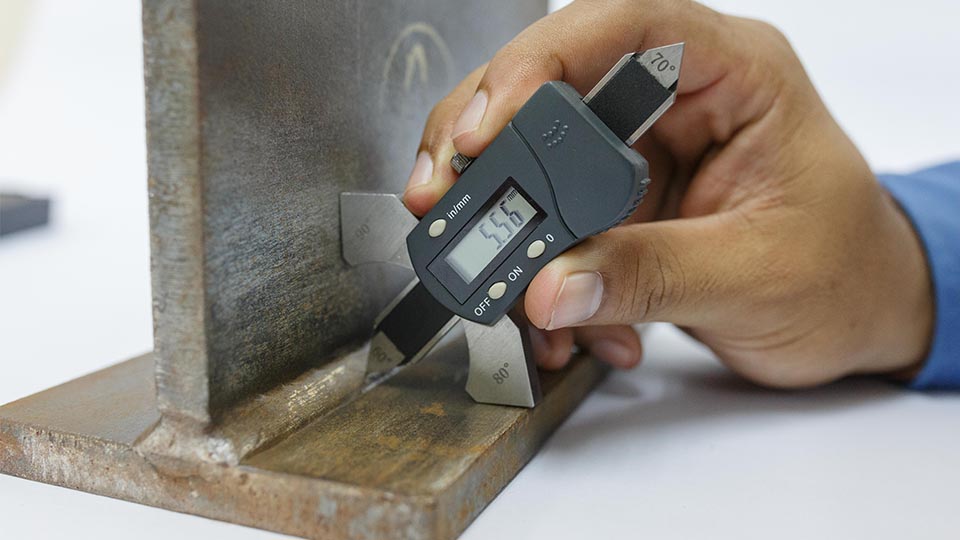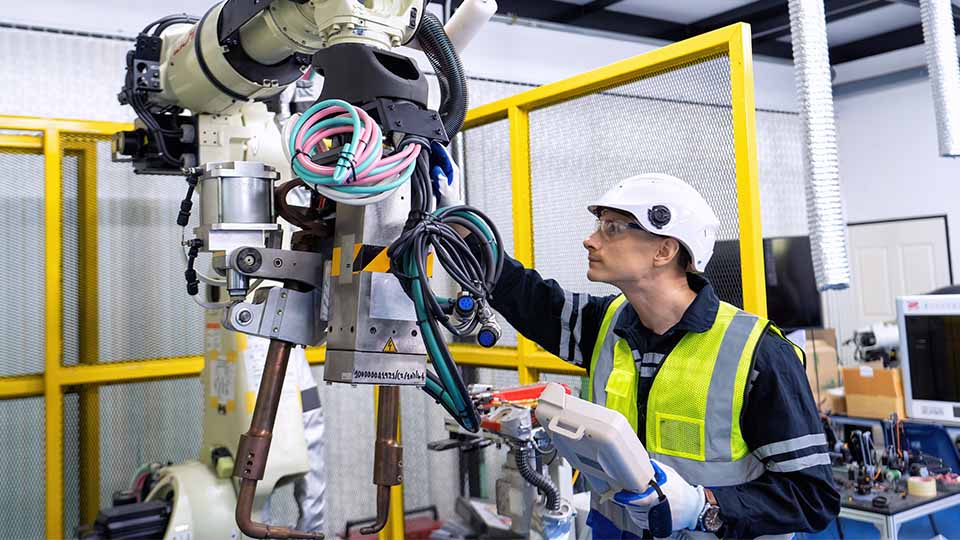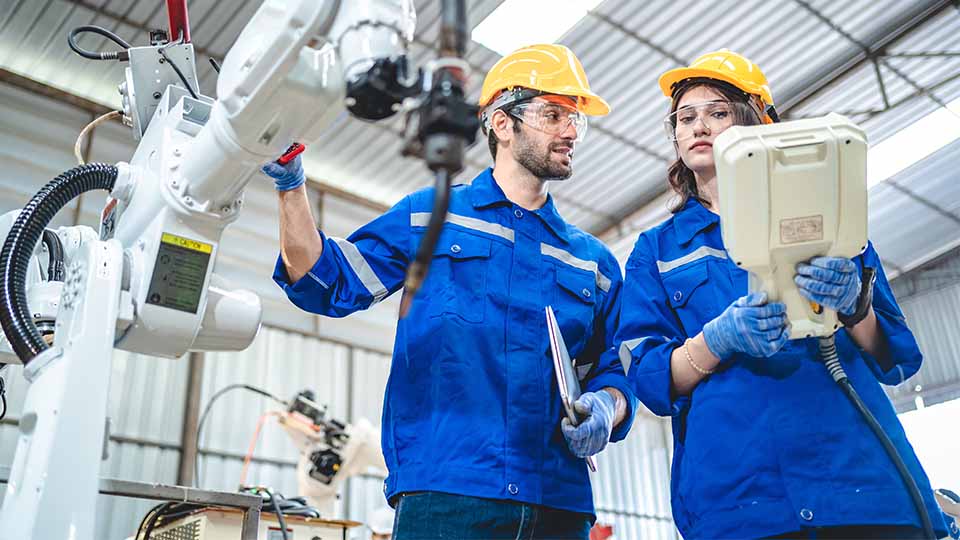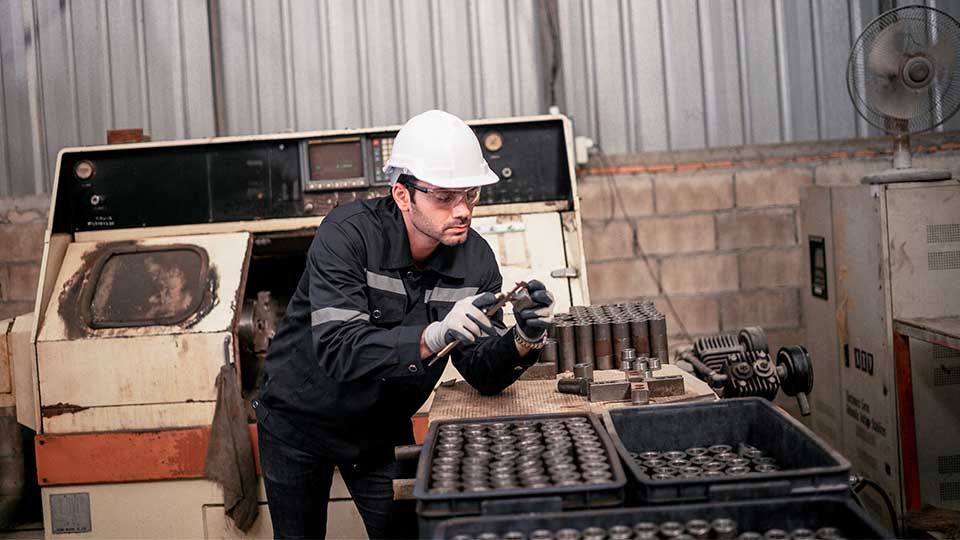If you manage a factory, warehouse, or plant, you already know how fast things can shift. One day, it’s business as usual. The next, you’re facing major installation issues, unplanned downtime in manufacturing, or a project that needs temporary staffing support because you need more experienced people than you have currently staffed. That’s when you start looking beyond your core team.
Industrial contracting services give you access to skilled professionals who can handle the heavy work without slowing down your operation. Whether it’s equipment installation, system upgrades, or ongoing maintenance, these temporary workers can help you get things done without the overhead of hiring full-time staff.
In this article, I will walk you through what industrial contractors actually do, how they’re different from your regular staff, and how to find the right people for the job.

What are industrial contracting services?
If you are managing a warehouse, factory, or manufacturing plant, often there comes a point when a project calls for more labor support than just using your own employees. Maybe it’s installing new automation equipment, doing complex electrical panel work, or handling large-scale maintenance repairs. Industrial contracting services help you get those kinds of jobs done without interfering with your current employee workload.
These contracting services can bring in qualified professionals, like engineers, technicians, maintenance, and other skilled workers, who are trained to work in these industrial environments. They know the safety regulations, come prepared with the right tools, knowledge, and experience to handle tasks your in-house staff might not have time or training for.
You don’t have to keep them on full-time, but they come in when you need them, handle the work, and move on to the next project. It’s a simple way to manage big projects without stretching your current staff or interfering with current production.
What industrial contractors do?
Industrial contractors take on complex work across manufacturing, construction, and engineering projects. They step in when businesses need help with design, testing, integration, qualification, and support while allowing them to maintain key systems and industrial machinery.
Here’s a closer look at what these contractors actually handle:
- Planning And Management: They help map out the project details, get the right materials, and can help companies stay on budget.
- Fabrication And Installation: From fabrication to equipment installation, they manage hands-on work with precision.
- Machinery Relocation: They support full plant relocations, and KIT changes, making sure every piece of equipment is moved and can be safely operated.
- Systems Setup And Debug: They can support starting up industrial or automated systems and help troubleshoot or debug the system for a smoother start to your production operations.
- Maintenance Services: Regular maintenance checks help avoid manufacturing breakdowns and keep production lines running much more efficiently.
- Engineering Support: Contractors often work with in-house engineers to help solve engineering challenges while on-site.
- Quality: They follow industry standards and safety rules to deliver consistent results.
- Customer Satisfaction: Timely delivery, strong capabilities, and clear communication keep their clients happy.
From manufacturing support to upgrades, these industrial contractors help companies keep moving forward without interruptions in their employees day to day tasks.
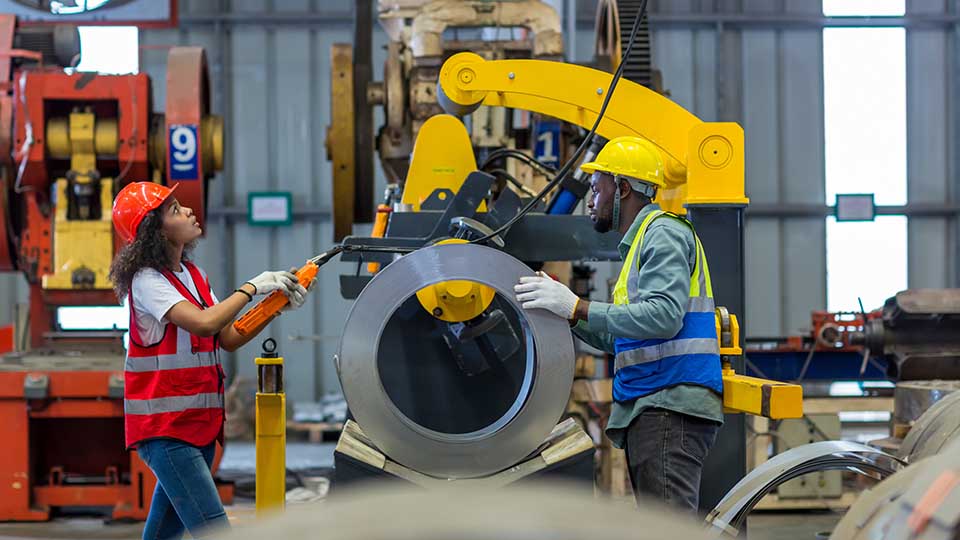
Full-time employees vs. contract workers.
When it comes to getting industrial work done, companies often have to choose between hiring full-time employees or bringing in workers on contract. Both have their place, so it really depends on the type of project, the level of expertise needed, and how much flexibility you want.
Full-Time Employees:
Full-time employees are part of your daily operations. They show up to work at your company every day. They a hired to be a part of your company’s culture, and usually look to grow their professional career within the company over time. But keeping them on the payroll during slow periods can be costly, especially if they aren’t needed, which might cause a company to perform layoffs, which can get negative attention on social media and in the press.
Contract Workers:
Contractors or industrial consulting services are brought in for specific projects. These projects can be for short-term purposes, like installing new equipment, or for projects that require long-term support.
These professionals are often highly experienced in a particular technical field, such as automation, robotics, or joining. They might travel to new job locations and jump from project to project.
Here’s a simple breakdown of the differences:
- Cost: Contractors are paid per hourly depending on project scope, while employees are paid a salary or hourly with benefits provided by the company.
- Flexibility: Contractors are brought in as needed, while employees show up every day to the same place.
- Expertise: Contractors often bring highly specialized skills, while employees might use the same equipment for years.
- Risks: Hiring the wrong contractor can affect safety and success, while employees know the processes and procedures.
- Execution: Contractors focus on the specific projects tasked to them, while employees might have to wear many “hats.”
- System Operations: Contractors might have some knowledge of many types of systems, while employees are usually highly trained to run their specific equipment.
Choosing the right mix of contractors to employees depends on what the company’s needs are, how fast you need a project completed, and how much time you’re willing to manage per project.

Connect with the best industrial contracting professionals with JOINER Services.
Finding the right talent for industrial projects isn’t always easy. You need people who know what they’re doing. Your company can not afford to do any guesswork, or delays. They just need results. JOINER Services makes that possible by helping you connect with experienced contracting professionals who are ready to step in and get the job done for you and your company.
Whether you’re a plant manager looking to keep things on schedule or a project manager juggling multiple jobs at once, JOINER Services gives you access to skilled contractors who have the right skills and industry background you need.
Most of their contractors aren’t rookies. They’ve spent decades in the field, working across various industrial manufacturing industries. If you’re tired of wasting time sorting through unreliable leads, take the direct route. Post your job, review profiles, and match with top-tier professionals, all in one place.

Join today and connect with trusted experts who are built for your next job!
FREQUENTLY ASKED QUESTIONS:
Below, I discuss some FAQs about industrial contracting services.

